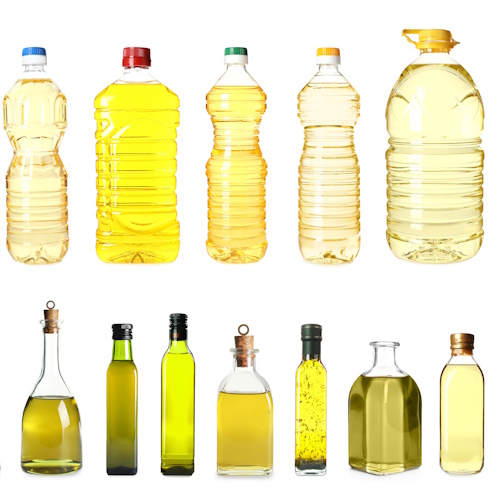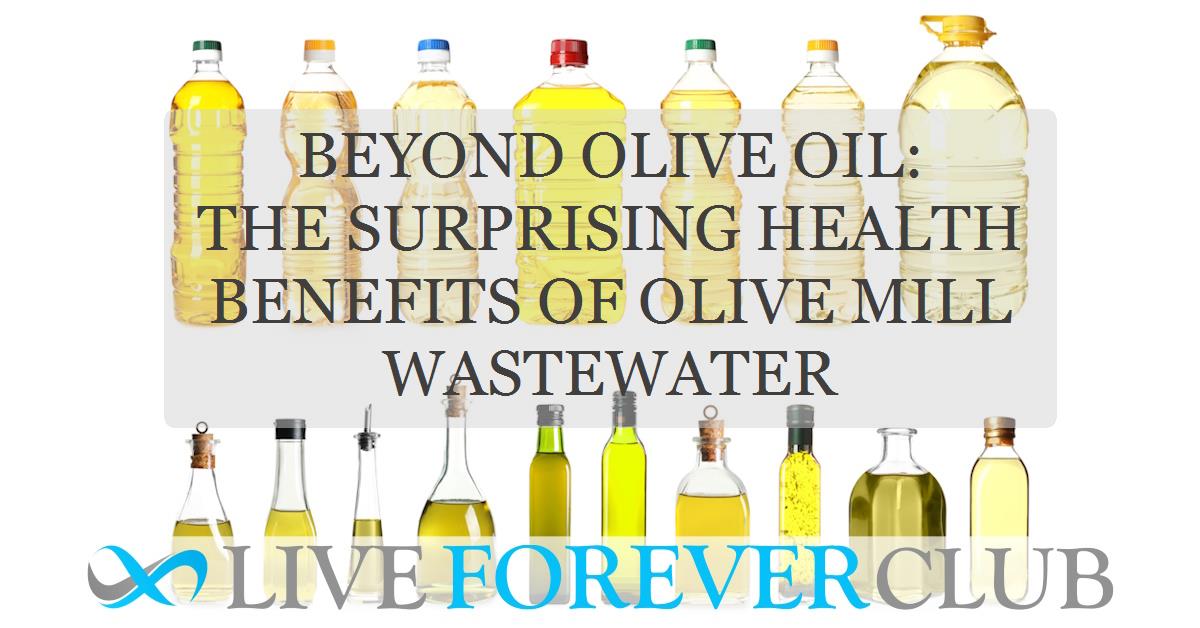Key points from article :
Olive oil, a staple of the Mediterranean diet, has long been celebrated for its health benefits. However, a recent discovery suggests that an often-overlooked byproduct of olive oil production, olive mill wastewater (OMW), may be an even more potent superfood. OMW, a dark, bitter liquid left over after olives are pressed for oil, was once considered a nuisance due to its potential to contaminate the environment. However, researchers have now uncovered its hidden nutritional value.
Studies have shown that OMW is rich in polyphenols, healthy plant-based compounds that contribute to gut health and other benefits. In fact, OMW is thought to contain up to 10 times the amount of polyphenols as extra virgin olive oil.
One of the most promising findings is the potential of OMW to help prevent and treat certain cancers. Italian scientist Adriana Albini has conducted extensive research on OMW extract and found that it may be beneficial for lung, prostate, colon, and breast cancers. Other potential benefits of OMW include supporting exercise recovery, improving metabolic markers, and aiding cardiovascular and neurological health. Albini emphasizes the importance of consuming a variety of healthy foods, including those rich in polyphenols, as part of a balanced lifestyle. “What plants use for their health, we can also use for ours,” says Albini.
Fattoria La Vialla, a family-run farm in Tuscany, has been selling OMW to customers in the UK. The family's great-grandmother was known to drink OMW regularly and attributed her good health to its consumption.
The discovery of OMW's health benefits serves as a reminder of the wisdom of traditional practices and the importance of exploring the potential of natural resources. As researchers continue to delve into the properties of this remarkable substance, it is clear that olive mill wastewater holds great promise as a valuable addition to our diets.






